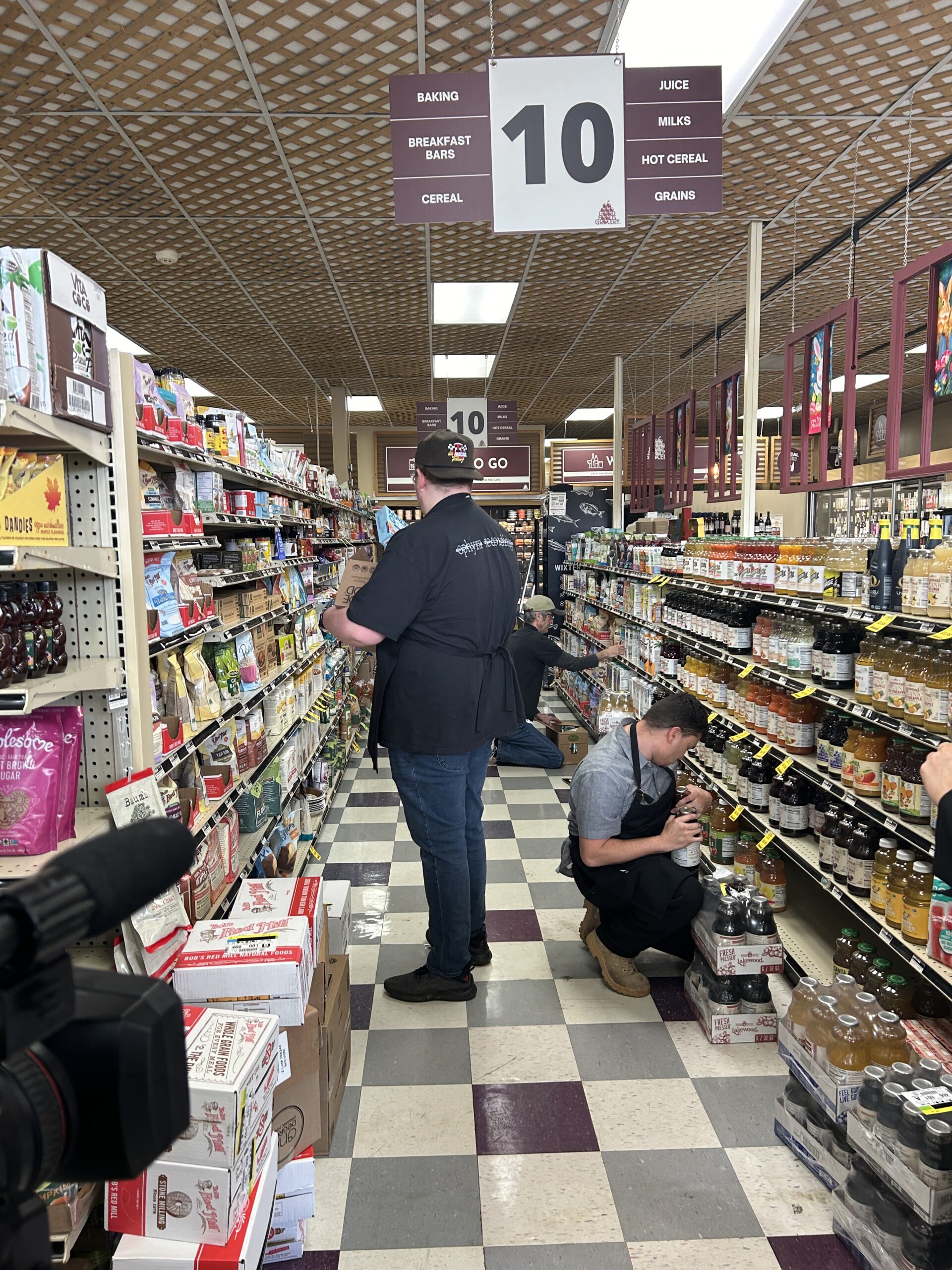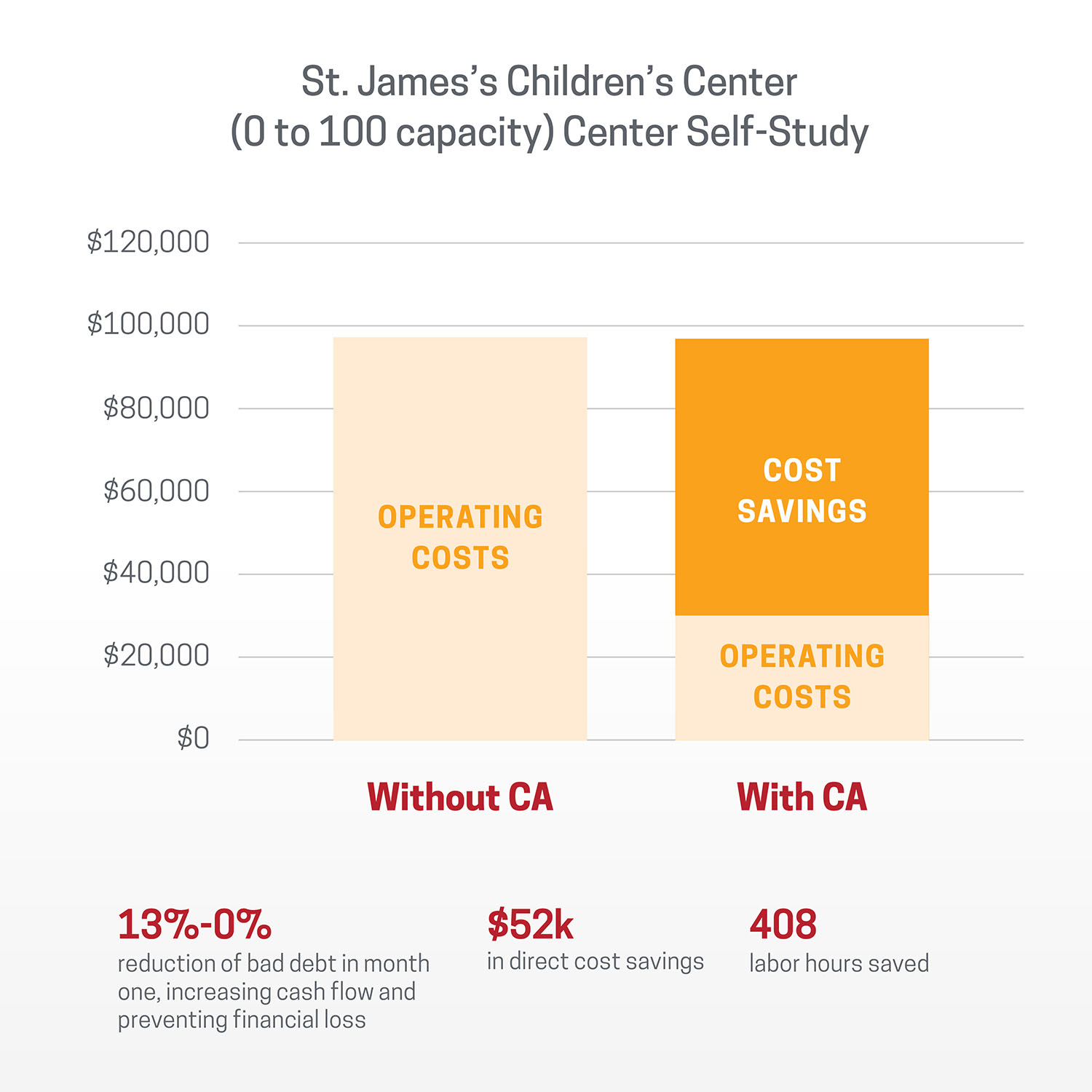Home | Programs
Career Readiness and Employment
We believe that people with autism and other developmental disabilities have a right to feel fulfilled by their employment. Not only do they deserve access to jobs that match their skill sets, but they also benefit from exposure to different career options to make informed decisions about their career path. Maintaining fulfilling employment also supports an autistic individual’s desire to live independently in an inclusive community.
To address the barriers of employment for autistic individuals, CA has developed the Career Readiness and Employment program. This program will assist low needs autistic individuals to learn transferrable skills, practice those skills, and assistance with finding and maintaining long term employment.
Program Components
Career Readiness
Classroom curriculum focused on transferable skills such as
-
- Communication
- Teamwork
- Integrity
- Problem-solving
- Work ethics
- Initiative
- Job seeking skills
Paid Internship
Participants will be provided with a paid internship opportunity (up to 90 days) to practice career readiness skills that will prepare them for competitive employment in the community.
Job Coaching
Participants will be provided with a job coach. This service will be provided during internship and at employment. A job coach will ….
-
- Provide participants feedback and tools to improve job skills.
- Guide participants in reaching employment goals.
- Helps participants learn job tasks.
- Provide participants with guidance to overcome barriers.
Employment
-
- CA will help participants to identify work preferences based on interest and work strengths.
- CA will engage with employers to identify career opportunities and facilitate employment.
- Once a participant is employed CA will provide job coaching and support.
Are you ready to launch into a new phase of your life with a team of professionals who are here to support you? Click the learn more button below to complete the online application to begin.
Life Skills and Transition
-
- We offer transition support programs aimed at bolstering autistic young adults as they embrace growth and change.
- We envision a future where all individuals can pursue their ideal living situation.
- We support independent living skills development through direct teaching, modeling, and shared problem-solving.
- We harness both intrinsic motivation and natural community support to help individuals build sustainable solutions.
Our Life Skills and Transition program supports adults who live at home with a parent or a supportive party and adults who have already launched in to independent living. This program focuses on building life skills and encourages adults to take ownership of personal responsibilities in preparation for their transition out of the home and to maintain and troubleshoot independent living skills
Participants meet with a counselor weekly to work on skills such as:
Household cleanliness
Personal finances and budgeting
Careers and employment
Transportation
Personal safety
Fitness and wellness
Time management
Cooking, meal prep and nutrition
Medical care management
Problem solving
Communication and self advocacy
Social skills and relationships
Staff
A multidisciplinary team supports our Life Skills and Transition program.
Social Supports
We encourage clients to volunteer and attend social groups and community events. We can help them identify these opportunities. CA also offers monthly opportunities for clients to socialize!
Location & Accommodations
CA counselors and team members meet with clients both in-person and virtually. We are able to support individuals across the Commonwealth through telehealth services.
Eligibility & Enrollment
To be eligible, adolescents and adults must be:
- Age 16 + with autism
- Motivated to live independently
- Employed full or part time, actively seeking employment, volunteering, or enrolled in post-secondary education
Costs
CA life skills coaching support is offered on an hourly fee. Each individual’s situation is unique, so we are here to help you navigate the payment process.
There are several ways to pay for our adult programs:
- Private pay
- Individual and Family Support Program (IFSP) provides funding for those on the wait list for the Developmental Disability Waiver Program. Check frequently for updates on the website for VA Dept. of Behavioral Health and Developmental Services
- Scholarships – CA may offer support to help cover the costs of services
is doing an excellent job identifying goals with her and helping her meet them. This is a great stepping stone to independence.
CA works with autistic people and their families to help them thrive. Every day, we’re building a future where the most vulnerable Virginians can actively participate in our community and realize their full potential.
Read our recent blog posts:






